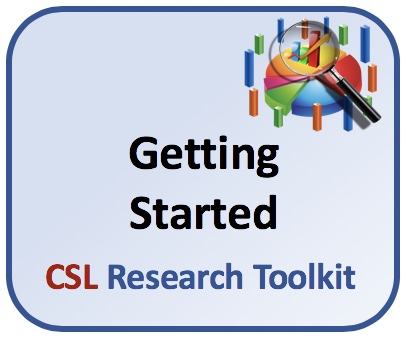
Ideas to inspire practitioner research and the integration of research into practice in the school library learning commons.
Do you have a germ of an idea for research? This page is designed to give you a bit of a nudge to help you get started. In all hope the CSL Research Toolkit with help solve that “research conundrum” that we introduced at the beginning of this resource.
The Research Conundrum
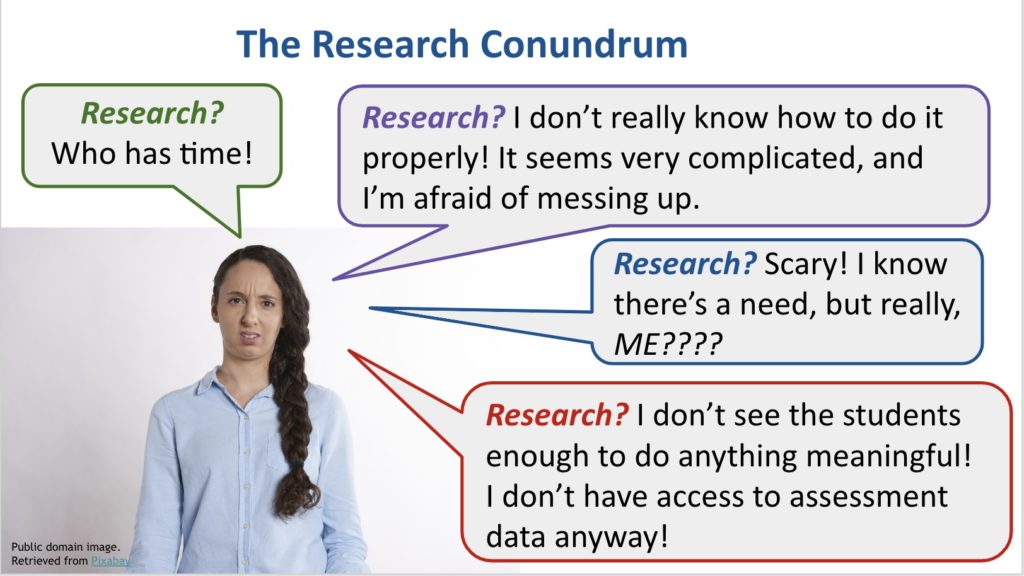
What typically happens when a new idea is implemented in the school library there is no real plan to assess its success or for reporting and sharing what was learned. We are great at collecting anecdotes and informal observations, but rarely take the next step of organizing the collection of this data.
There are many reasons for this, including lack of knowledge about the research process.
We encourage school library practitioners across Canada to engage in research because:
- Research provides evidence to help understand the outcomes and impacts of school library practice;
- There is a compelling need for research specific to Canadian school libraries;
- We need to increase understanding by assessing specific practices, moving beyond what we have learned through large-scale correlational studies;
- Practitioner research will inform future practices;
- Sharing what we have learned will deepen understanding across our constituent communities.
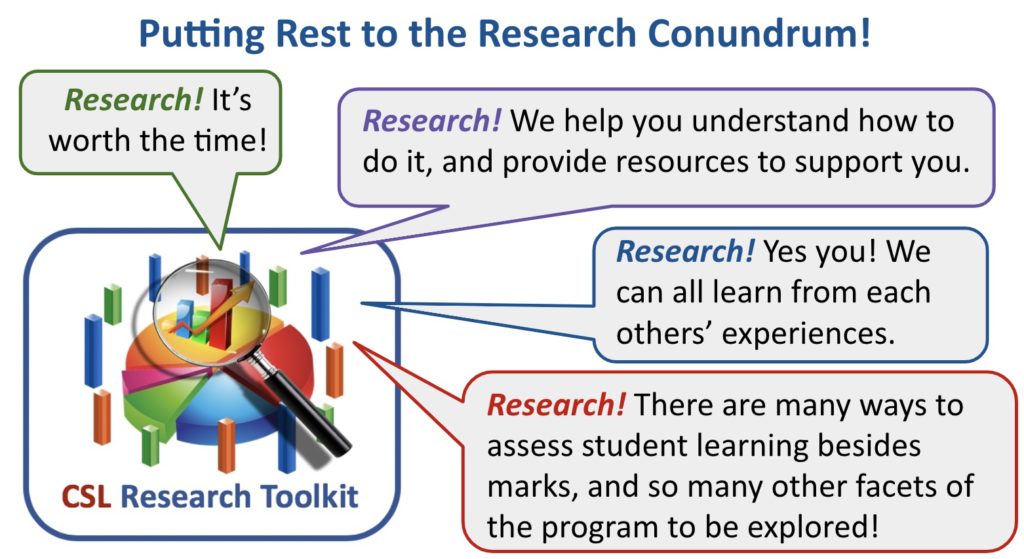
Getting Started with Research
Here we present some ideas for getting started with your research, and how this toolkit can help.
Your first decision is whether to use an empirical approach to your research or an action research approach. Empirical research bases its conclusions on observed and measured phenomena. Transparency of the research design and the rigour of selected processes for gathering and analyzing data are paramount to the success of empirical research. The data that you collect should support unambiguous conclusions. This approach could be used to evaluate the success of an established space, procedure or strategy. Action research on the other hand blends learning with practice and frames experimentation.
Let us use the example of assessing a makerspace initiative in deciding which approach would be most appropriate. Empirical research would help to understand how well the existing makerspace is doing what it was designed to do, by gathering and analyzing a range of data. The research would inform your subsequent actions. An action research approach would be more suitable if the goal is to experiment with approaches as part of the research and to inform new directions along the way, as part of the research process.
In either case, using the most appropriate methods for collecting data and analyzing data is essential to the validity of your observations and conclusions.
Using an Action Research Approach
Action research addresses questions that you have about specific practices and help you to develop practical solutions and strategies. Action research is based in practice and not separate from it. Action research integrates learning and continuous improvement into practice. The action research process, unlike other processes, may involve changes in practice as part of the research, as opposed to assessing the program as is. Because of this, findings are not considered as being transferable to other situations. That does not minimize its importance. Practitioner action research provides insight to others, inspiring innovation in practice and further research. Definitely worth sharing!
To get started with your action research:
- Consider your present program and the needs of learners today.
- Identify a target for improvement.
- Develop questions to guide your work. Imagine how you might achieve your target.
- Investigate what others have tried and develop your own plan.
- Try it out, adjust strategies if necessary and keep track of your evidence.
- Analyze and interpret your results.
- Prepare a summary report and share.
- Apply your findings to better address learning needs in your school library.
NOTE: Working with another teacher or a small group will enrich the process. It is always helpful to build a learning network and bounce ideas around with others.
Whatever approach you decide to take, use this toolkit as a guide. The toolkit is a starting point for building your competence and confidence as a practitioner researcher. Throughout the toolkit we have referred to valuable resources: those and more quality resources are gathered together on the Additional Resources page. As you develop as a researcher, use this page to connect to more detailed expert information.
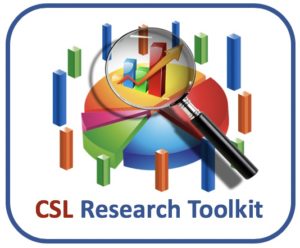 | 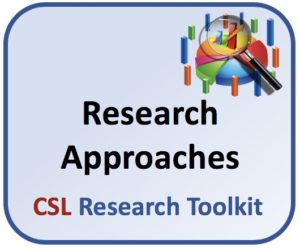 | 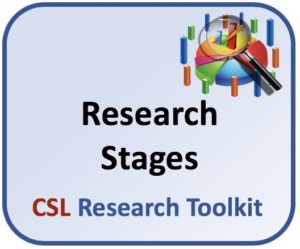 | 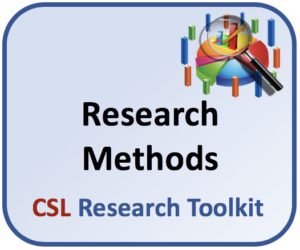 | 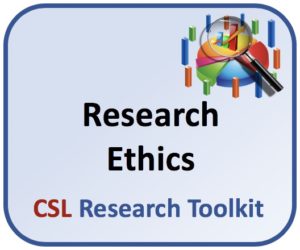 |
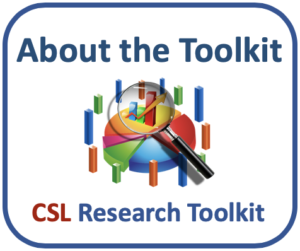 | 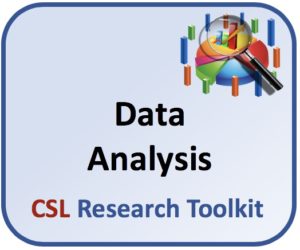 | 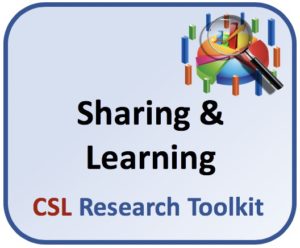 | 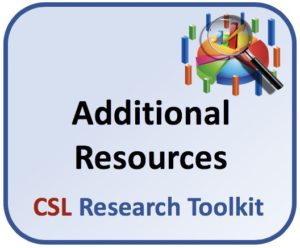 | 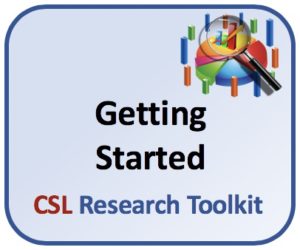 |
